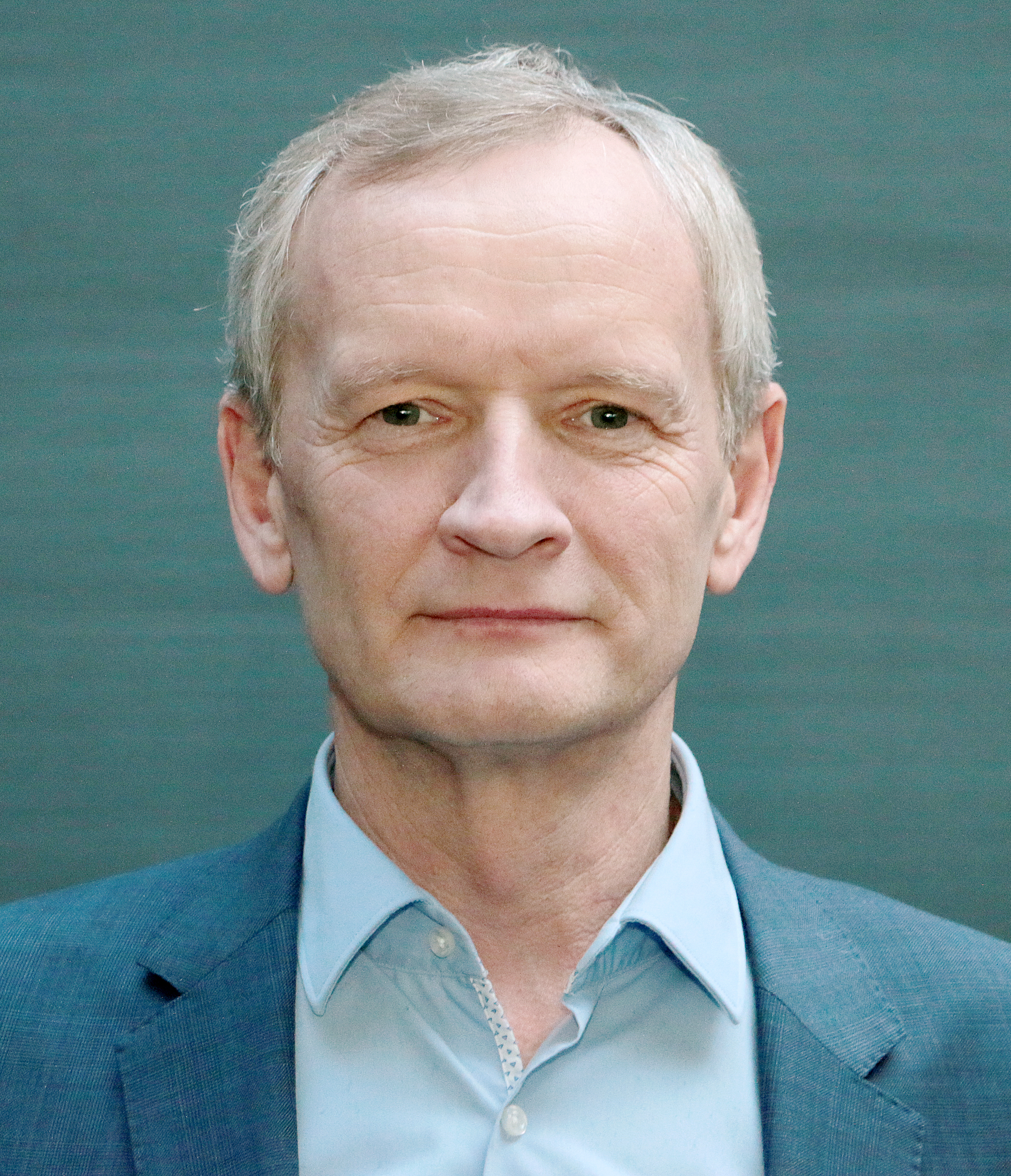
‘I am not afraid to make the necessary changes. As the first thing, I plan to introduce university support for research and development through the creation of a grant fund and I will also start a discussion on the university’s management model,’ said Tiit Land, who was recently elected rector of Tallinn University of Technology.
What are your plans as the new rector?
My vision of the next 5–10 years for TalTech is not fundamentally different from the current development plan and vision of the university. Emphasis will be placed on more interdisciplinarity in both teaching and research development, the promotion of doctoral studies, and the development of applied science and business cooperation. It is very important to pay attention to the development of the organisational culture and improving the reputation of the university. I also want to develop cooperation with other universities. I am not afraid to make the necessary changes. As the first thing, I plan to introduce university support for research and development through the creation of a grant fund and I will also start a discussion on the university’s management model.
How do you plan to adapt the curricula?
In curriculum development, the university must, on the one hand, take into account the needs of the labour market, but on the other hand, be innovative and anticipate trends and new directions. General subjects are also changing – graduates increasingly need teamwork and problem-solving experience, and new subjects are often interdisciplinary. We do not necessarily have to admit fewer students to, for example, the economics curricula, but offer new subjects in the curricula. We definitely need more students for science and exact science curricula as these specialties also support technical and engineering sciences for TalTech.
What is your position on the restrictions on the entry of foreign students into Estonia?
For me, many of the proposed changes to complicate the learning of international students are unjustified. Why should we restrict future IT professionals from abroad when our labour market needs them and we do not have enough student potential? Is a student from a so-called third country in any way worse than a student from an EU Member State to justify treating them differently? These issues should be addressed, otherwise we will make changes that could have a long-term negative impact on the state.
How to improve R&D and cooperation with businesses?
The state is adopting a much-needed and ambitious R&D, Innovation, and Entrepreneurship Development Plan 2021–2035. It places these activities in a single strategic framework, the key word of which is cooperation. Both universities and businesses must, above all, be active communicators –that is the basis for working together. Entrepreneurs should not expect researchers to find solutions too quickly, as this often hampers the continuation of collaboration. Achieving R&D results and especially implementing them is a long-term process. I expect the state to meet the goals set in the development plan, above all to increase R&D funding to 1% of GDP, which is also a precondition for the contribution of the private sector to increase.
What would be your recommendation to the members of the Estonian Employers’ Confederation that should be kept in mind to exit the economic crisis?
I recommend focusing more on sustainable development and the circular economy, which support the European Commission’s implementation of the Green Deal. In the near future, major investments will be made in the development and implementation of green technologies. The crisis has clearly shown us that we need to live more sustainably.
Tiit Land’s future employer, Tallinn University of Technology, and the current Tallinn University are members of the Estonian Employers’ Confederation, actively contributing mainly to education and research development.
We wish Tiit the best of luck!
